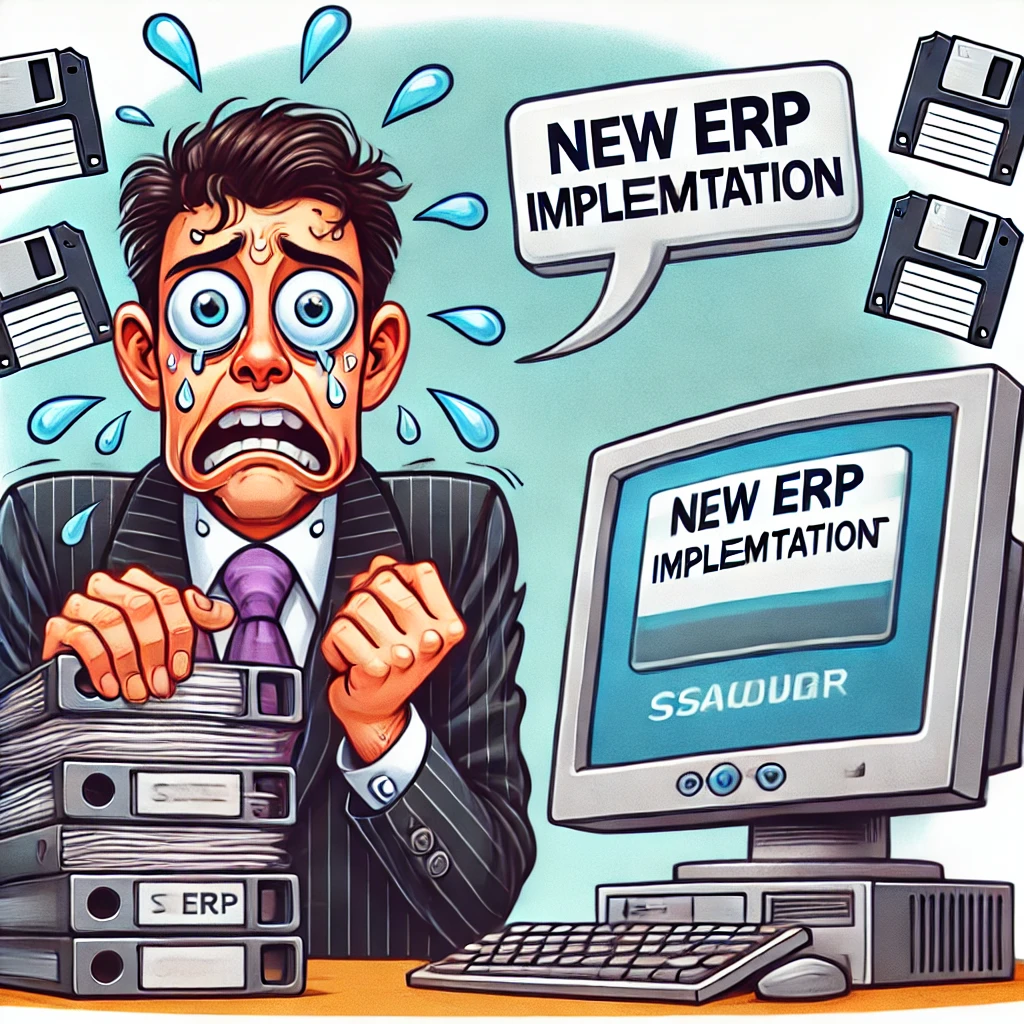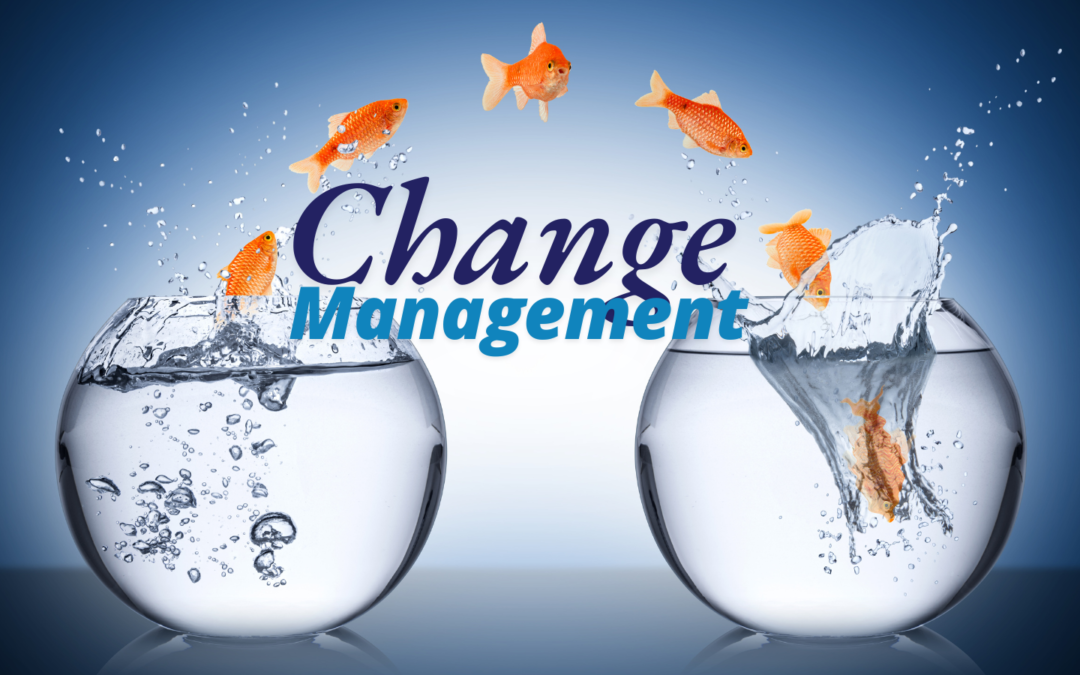Why Change Management is Crucial for Retailers
If you’re a small or medium-sized retailer looking at an ERP (Enterprise Resource Planning) project, you might already be sweating over the big task ahead. While implementing a new system is exciting—new efficiencies, better data insights, and streamlined processes—it can also feel a bit overwhelming. This is where change management comes in. It’s the secret sauce that keeps everything from falling apart when you hit the go-live button. Let’s talk about why it’s crucial.
Understanding Resistance
People Fear Change (Even the Good Kind)

No one likes change—well, unless it’s a new coffee machine in the break room, then maybe. But when you’re implementing an ERP, you’re changing how people do their jobs, and that can lead to resistance. Studies show that a staggering 70% of organizational change efforts fail, often due to people-related issues (Prosci, 2020 Best Practices in Change Management). Without change management, even the best ERP system in the world can become a glorified paperweight.
The Key to Seamless Change
Change Management Equals Smoother Transitions

In the fast-paced world of retail and consumer industries, adapting to new technologies like SAP systems can be daunting. However, with effective change management, this transition becomes a streamlined journey rather than a disruptive challenge. Change management acts as a guiding force, ensuring that every team member is prepared and aligned with new processes, minimizing resistance and maximizing efficiency. By prioritizing change management, organizations can achieve a smoother transition, leading to enhanced operational success and improved customer experiences. Embrace change management to pave the way for a future where technology and people work in harmony.
Training Isn’t Just a ‘Nice-to-Have’

A new ERP system often comes with a new way of working. Without proper training, your team might feel like they’re staring at a spaceship’s control panel—lots of buttons but no idea which ones to press. Change management ensures that everyone is well-prepared, reducing frustration and downtime. Organizations that prioritize training and communication during ERP rollouts saw significant improvements in employee adoption, with ERP success rates up to 67% (TEC, ERP Stats & Facts: ERP Success & Failure Rate, 2024).
Your Customers Will Notice (In a Good Way)

Here’s the kicker: if your team isn’t on board with the new ERP system, your customers are going to feel it. Delayed orders, inaccurate inventory counts, and slower checkouts? Not good for business. But with the right change management strategy, your customers will never know there was a shift in systems—they’ll just experience faster service, more accurate information, and overall better shopping experiences.
Don’t Leave Change to Chance
At the end of the day, ERP systems are a big investment for any small to medium-sized retailer. It’s not just about the dollars spent on technology but also the time and energy spent on getting it right. Skipping change management might seem like a shortcut, but it often leads to project delays, increased costs, and frustrated employees. On the flip side, embracing change management can boost your odds of success and ensure everyone’s happily using your new ERP system in no time.
Transform Your Retail Experience Today
At EverBlue Partners, we understand that successful ERP implementations are not just about technology but also about people. Our expertise in change management empowers businesses to navigate transitions smoothly, ensuring that your team is well-equipped and engaged every step of the way. By emphasizing thoughtful collaboration, a deep understanding of your organizational needs, and a commitment to human-centric solutions, EverBlue Partners helps minimize disruption and maximize the value of your investment. Partner with us to build a sustainable and agile future where both technology and people thrive together.

Kurt Ramcharan
Managing Partner and CRO
“In today’s business landscape, the expectations for project managers are higher than ever. They must not only navigate traditional project management responsibilities but also embrace roles as strategic advisors, innovation leaders, and change agents. By continuously developing technical skills, leveraging data and AI tools, and integrating security consciousness into every phase of their work, project managers are well-positioned to drive success and value in their organizations. As we move forward, the ability to adapt, innovate, and lead with a deep understanding of both technical and strategic aspects will be the foundation of effective project management.”

United States:
1160 Battery Street East, Suite 100, San Francisco, California, 94111
Canada:
One Dundas Street West, Suite 2500, Toronto, Ontario, M5G 1Z3
Brazil:
8th Floor, 90, Dolorez Alcaraz Caldas Ave., Praia de Belas, Porto Alegre, Rio Grande do Sul, 90110-180



